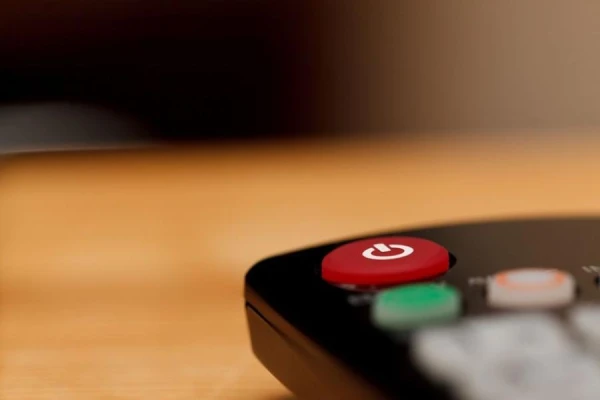
The head of the National Electronic Media Council (NEPLP), Ivars Abolins, stated that the retransmission of Russian TV channels in Latvia will not be restored. According to him, the ban has significantly weakened the influence of Russian propaganda, and a return to the previous practice is impossible both legally and politically.
This morning on the TV3 program "900 seconds," Ivars Abolins noted that the ban on Russian TV channels in Latvia has significantly reduced the influence of Russian propaganda on society.
"The majority of people have simply been disconnected from these channels. They are no longer freely accessible and are not considered prestigious. If these channels had not been blocked, the situation would be much worse," he said, emphasizing that hundreds of security-risk websites have also been blocked.
Abolins confirmed that the retransmission of Russian TV channels in Latvia will not be resumed, as there are neither legal nor political grounds for this.
"As long as I am the chairman of NEPLP, retransmission will not be restored. Latvia cannot return these programs," he emphasized.
At the same time, Abolins acknowledged that it is impossible to completely block propaganda content; however, the council constantly monitors the situation and records about 300,000 unsuccessful attempts to access blocked websites each month.
Speaking about media literacy in society, Abolins noted that this area is still underdeveloped. "The level of media literacy in society is not very high. This needs to be taught from preschool age so that people can critically perceive information," he said, adding that today NEPLP will present the latest research on media literacy among the residents of Latvia.
In addition, Abolins criticized the distribution of funds from the Media Support Fund, pointing out that state funding is sometimes allocated to insignificant projects. "For example, about 30,000 euros were allocated to a portal with a few thousand subscribers. This is unclear. We also oppose the new order that could jeopardize media diversity," he explained.
The head of NEPLP also noted the importance of uniting public media, particularly emphasizing the changes in Latvijas Radio. "This is the largest reform in the media sector in the last 35 years. A decision has been made to liquidate Latvijas Radio 4 and reduce the presence of the Russian language in public media. These changes are necessary and significant for the entire media environment in Latvia," Abolins emphasized.

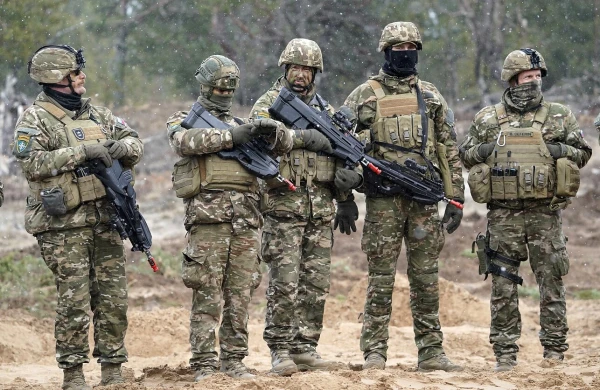





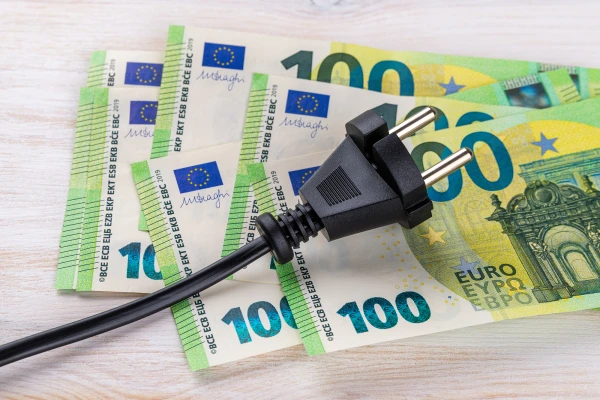

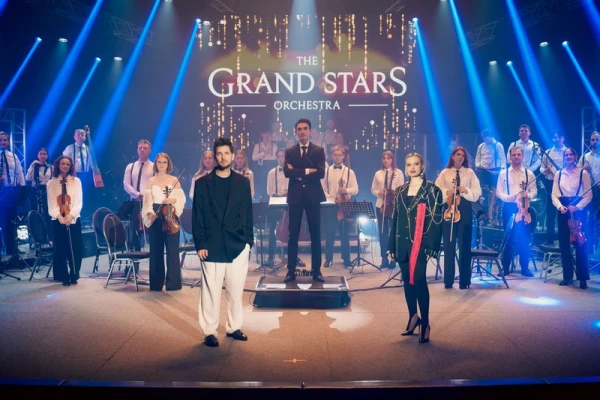
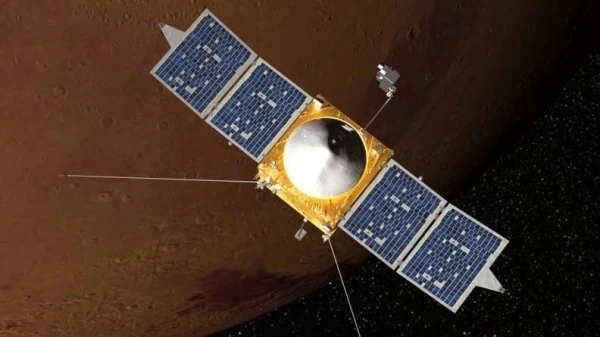

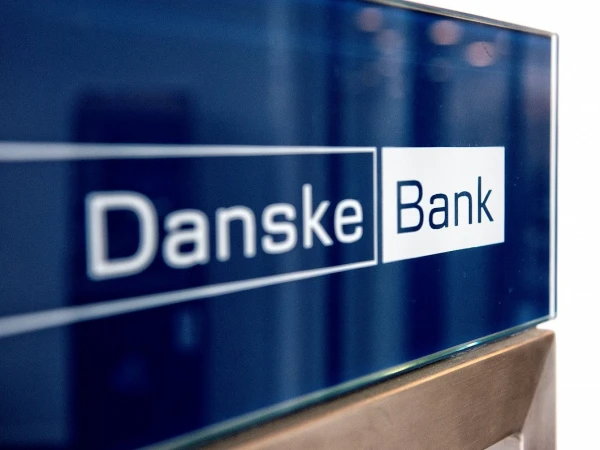

Leave a comment